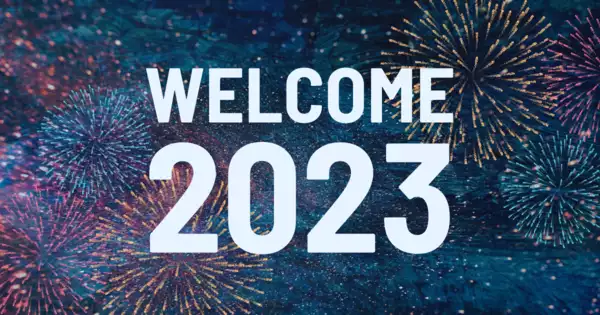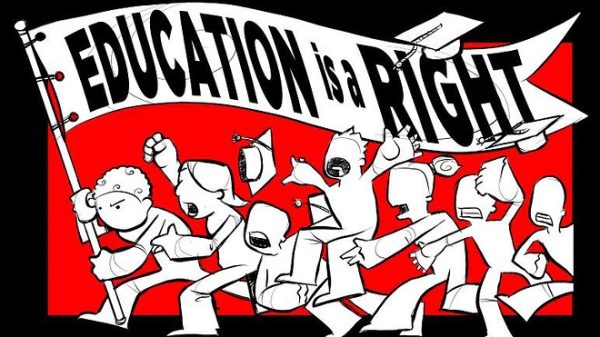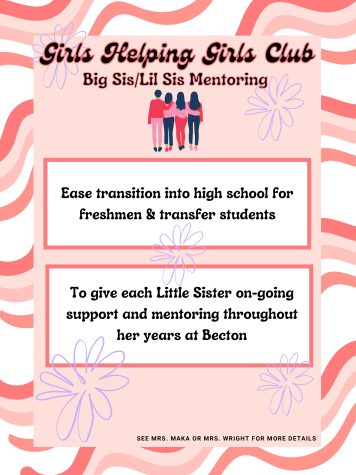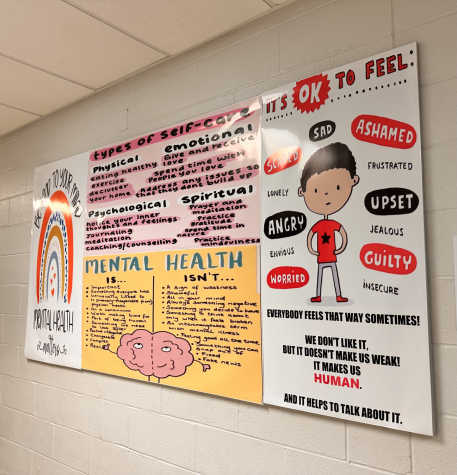New Year Resolutions: A Process of Change
More than just a recap of the previous year’s happenings, the “New Year” is a time for introspection. It nowadays focuses on who we have become—our growth and self-discovery—rather than what has occurred. This is not in any way a bad perspective on the New Year’s gimmicks, but it is still important to understand the concept underlying the holiday. In terms of modernity, our days, sometimes months following New Year’s are subject to inspiration for greatness more than ever. Despite how realistic the perspective we adopt is, it may occasionally be harmful to our mental health.
Once again, it’s that time of year when practically every advertising, social media post, and well-intentioned family member is eager to remind you that it’s time for a rebrand, refresh, or restart. Self-improvement is challenging throughout the year, but just around the beginning of the new year, you can feel more pressure to make a major life change. The “fresh start effect” describes how the urge to make objectives frequently follows the beginning of a new week, month, year, semester, or birthday. People are more driven to overcome a task when the slate is clear in whatever way. However, New Year’s resolutions have a poor reputation for being famously impossible to keep. Many individuals fail to keep their resolutions beyond the first month, according to studies and polls. Overall, the method you choose to accomplish the goal matters more than just deciding to change. Therefore, keep in mind the following two big points: Make Meaningful Resolutions and Take the Right Steps to Achieve Them, and Be Prepared for When You Want to Quit!
Make Meaningful Resolutions:
When it comes to New Year’s, maintaining a resolve is a lot easier when it coincides with your priorities. Aiming to spend less money, for example, is a noble and selfless objective, but there are several opportunities to consume (and targeted ads urging you to do so). You have to stop and ask yourself; What is most important to me in life? In what ways may my efforts to improve myself support those values? Unfortunately, making these value-driven judgments is difficult for some. In certain cases, people who are unable to define these values look outside of themselves, which can have negative consequences on their “grind”. Regarding everything in your life, remember your individuality and how vital it is to understand how you specifically function so that you may correct your own weaknesses in the most suitable way for you. It is also crucial to get more specific with how you will achieve your goals. The trouble with resolutions is that they are too abstract: “I’m going to be more patient, volunteer more, and save money.” These objectives are laudable, but they alone do not provide guidance on how to attain them. Plan your strategy when you’ve established your benchmark target. “When will I volunteer?” “Where am I going to volunteer?” “How am I going to get there?” “How many hours will I devote to volunteering every week?” Even the legend himself. Arnold Schwarzenegger believes that people are more likely to achieve their goals when they are deliberate about how to execute a change. That’s why he always posts inspirational content more suited to these morals.
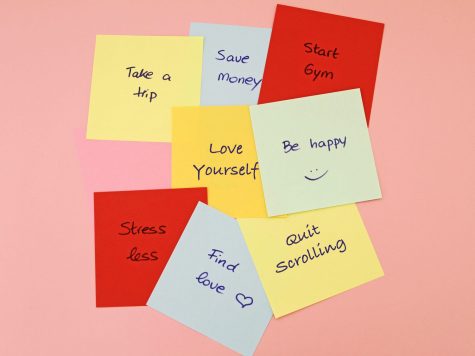
Although, some alternate and “more realistic” ways have been proven to work for a majority of people. One of these tactics is splitting up your resolution into “mini goals”. Scientifically speaking, New Year’s resolutions tend to come under the banner of behavioral objectives, in which we commit to doing something different in our lives. The truth is most people cannot withstand a big life shift, and far-reaching milestones can feel overwhelming and unpleasant. We often abandon our objectives if they are too simple or too difficult, so breaking down our commitments into adjustable targets will help us adhere to them. For example, if you want to eat healthier, one of your first mini-goals should be to buy more fruits and vegetables. Likewise, sometimes accomplishing our objectives will seem awkward and unpleasant, like the first few times you go to the gym or when your new healthy pastime becomes tedious. When these bothersome and painful times appear, people are less likely to stick with the adjustment. Making these duties or sensations more delightful and gratifying, on the other hand, helps you persist with them. If you want to read more, treat yourself to a cappuccino before you pick up a book. Save your favorite podcast to listen to while doing your regular stroll. By mixing a temptation with a chore, the chore gets connected with pleasure, and you begin to look forward to it rather than dread it. Neurologically, we must set our minds to be suitable for what we decide needs changing. It is really just a process of choosing goals that are applicable to your personal life and making them achievable.
Be Prepared to Feel Like You Want to Quit:
Inevitably, you may or will break your fasting streak or need to spend money on an unanticipated cost, causing you to fall short of your objective. Remember that everyone makes mistakes, but those who view them as opportunities for growth rather than failure are better positioned to go ahead. There’s data suggesting that essentially if you teach people about the malleability of common things like academic performance in school, it leads to better results because they stop thinking, “God, I’m so dumb,” when anything goes wrong — it’ll become, “Oh, I just need to study more, and I can do better.” Furthermore, embrace the rest days, the rewards, and the temptations — and remember that perseverance, not perfection, is the key to goal success. According to several studies, skipping a few days of a healthy activity has no effect on the habit-forming process. Re-engage with your objective in these moments of weakness. “What motivated you to make this decision? Where do you want to be in a year?” When these types of disruptions occur, the objective is to renew your commitment to the goal by thinking about what the desired outcome is, who you want to be, and where you are now. This mismatch must be resolved in order to bring us back on track. Include the classic monopoly “get out of jail” days when planning how many days a week or month you’d like to devote to a new pastime, for example. If you told yourself you’d practice guitar seven days a week with three “get out of jail free” days, you’d still be on track if you only took it up four days a week. People are more likely to stick to their objectives when these “emergency reserve” days are incorporated into their calendars, according to research, since built-in forgiveness is naturally more reachable.
Overall, self-improvement is never a terrible thing to aim for, and despite the cliché of New Year’s goals, you should not be discouraged from trying to better yourself. You must understand your aims clearly, create a road plan with minor milestones along the way, and don’t allow setbacks to disrupt your progress. Remember you are not alone, as well, in what you are doing. There are millions of people around the world who are attempting to better themselves, and among them can be you as long as you put in the effort!
Sources:
https://hbr.org/2022/01/its-time-to-rethink-new-years-resolutions
https://www.goskills.com/Soft-Skills/Resources/Top-10-new-years-resolutions
https://www.nytimes.com/guides/smarterliving/resolution-ideas

Mark Ricco is a junior at Becton Regional who is passionate about his music career. Ricco has always been interested in music and the arts, but his first...


